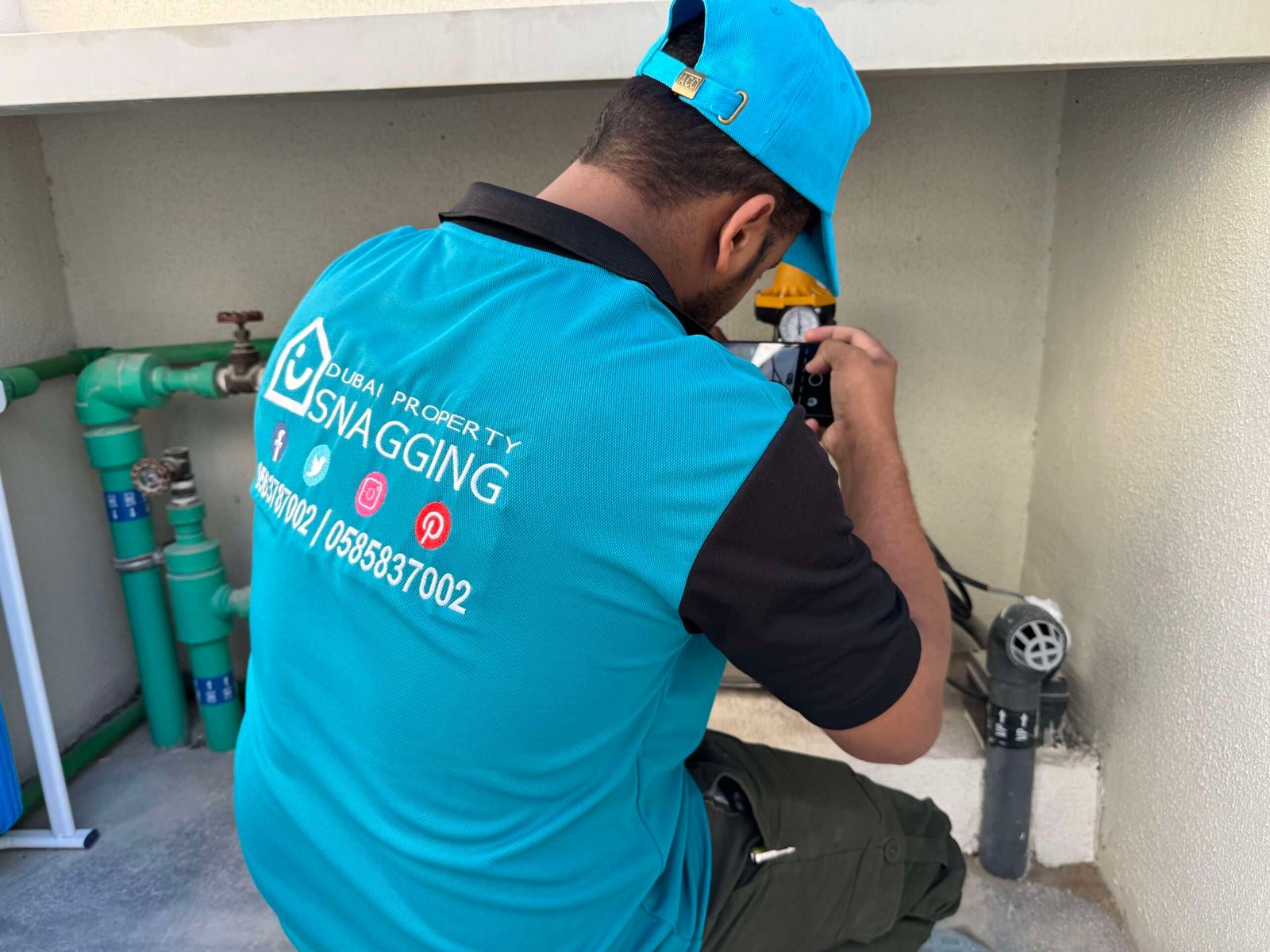How Quality Assurance Protects Against Long-Term Property Defects
Purchasing a property—whether for personal use or investment—is a significant financial commitment. While the initial appeal of a new home or luxury apartment may be impressive, hidden defects and construction flaws can lead to major issues down the line. This is where quality assurance (QA) plays a critical role.
By implementing rigorous quality checks throughout the construction process, developers and homeowners can prevent long-term structural, mechanical, and safety issues. In this blog, we’ll explore how quality assurance protects against long-term property defects and provide expert tips to ensure your investment remains defect-free.
Understanding Long-Term Property Defects
Long-term property defects are issues that may not be immediately visible but develop over time due to poor construction practices, substandard materials, or inadequate quality control. These defects can lead to:
✅ Structural weaknesses (foundation cracks, wall fractures, roof leaks)
✅ Water leakage and plumbing failures
✅ Electrical system malfunctions
✅ HVAC inefficiencies and ventilation problems
✅ Deterioration of finishes, flooring, and fixtures
Without proper quality assurance measures, such issues can result in expensive repairs, legal disputes, and reduced property value.
How Quality Assurance Prevents Long-Term Defects
1. Ensuring High-Quality Materials
The Problem:
Using low-quality or counterfeit materials can cause properties to deteriorate quickly. Weak concrete, substandard wiring, and poor-quality insulation can lead to serious safety risks over time.
The QA Solution:
✔ Material Testing: Developers should conduct quality tests on all construction materials before use.
✔ Supplier Verification: Only purchase materials from trusted, certified vendors.
✔ Inspection Reports: Ensure third-party inspectors verify material integrity before installation.
2. Implementing Strict Construction Standards
The Problem:
Poor construction techniques, rushed timelines, and lack of skilled labor can lead to hidden structural defects that worsen over time.
The QA Solution:
✔ Use Experienced Contractors: Work with reputable, skilled builders known for quality work.
✔ Follow Industry Standards: Ensure compliance with Dubai Municipality (DM), RERA, and international safety codes.
✔ Conduct Regular Site Inspections: Engineers should supervise construction phases to detect and correct any flaws early.
3. Conducting Multiple Inspection Stages
The Problem:
Some defects only become noticeable after completion or when the property is occupied. If defects aren’t detected before handover, buyers are left with costly repairs.
The QA Solution:
✔ Pre-Construction Inspections: Verify foundation strength, soil stability, and material quality before construction begins.
✔ Mid-Construction Checks: Conduct structural, electrical, plumbing, and HVAC inspections during different phases.
✔ Final Snagging & Handover Inspections: Identify and resolve finishing defects before delivering the property.
4. Addressing Water Leakage and Plumbing Issues
The Problem:
Leaky pipes, poor drainage systems, and water seepage are some of the most common long-term defects. Over time, water damage can weaken structures, cause mold growth, and ruin interiors.
The QA Solution:
✔ Proper Waterproofing: Apply high-quality waterproofing in bathrooms, kitchens, and basements.
✔ Pressure Testing for Plumbing: Conduct tests to ensure pipes can handle high water pressure without leaks.
✔ Sloped Flooring in Wet Areas: Prevents water accumulation and seepage into walls or floors.
5. Electrical System Safety & Longevity
The Problem:
Faulty electrical installations, low-quality wiring, or overloaded circuits can lead to short circuits, power failures, or even fire hazards.
The QA Solution:
✔ Use Certified Electrical Components: Only install fire-resistant cables and branded switches.
✔ Load Testing: Conduct load capacity tests to ensure circuits can handle appliances safely.
✔ Emergency Backups: Install surge protectors and circuit breakers to prevent electrical failures.
6. HVAC and Ventilation Quality Assurance
The Problem:
Many properties suffer from poor ventilation, inefficient air conditioning, and mold buildup due to low-quality HVAC installations.
The QA Solution:
✔ High-Efficiency HVAC Systems: Use energy-efficient air conditioners, ventilation fans, and dehumidifiers.
✔ Ductwork Inspections: Ensure air ducts are properly sealed to prevent leaks and inefficiencies.
✔ Mold Prevention Measures: Install humidity control systems in enclosed spaces to avoid moisture buildup.
Expert Tips for Buyers to Ensure Quality Assurance in Their Property
💡 1. Hire a Professional Snagging Inspector
Before accepting property handover, hire a third-party snagging company to inspect for hidden defects.
💡 2. Review the Developer’s Track Record
Research the developer’s previous projects and customer reviews to assess their quality history.
💡 3. Ask for Material & Workmanship Guarantees
Ensure that appliances, fittings, and materials come with warranty coverage against defects.
💡 4. Conduct Post-Handover Inspections
Monitor for leaks, cracks, or electrical issues within the first year of ownership and report them during the defect liability period (DLP).
💡 5. Verify Compliance with Dubai’s Building Regulations
Ensure the property meets Dubai Municipality (DM) standards, Dubai Land Department (DLD) approvals, and fire safety codes.
Conclusion: Quality Assurance is the Key to a Defect-Free Property
Investing in quality assurance from the early construction phase to post-handover helps prevent long-term property defects, ensuring durability, safety, and high resale value. Buyers and investors should always prioritize thorough inspections, material verification, and compliance checks to protect their investment.
By following these QA best practices, developers can deliver flawless properties, and homeowners can avoid future repair costs and safety risks.




